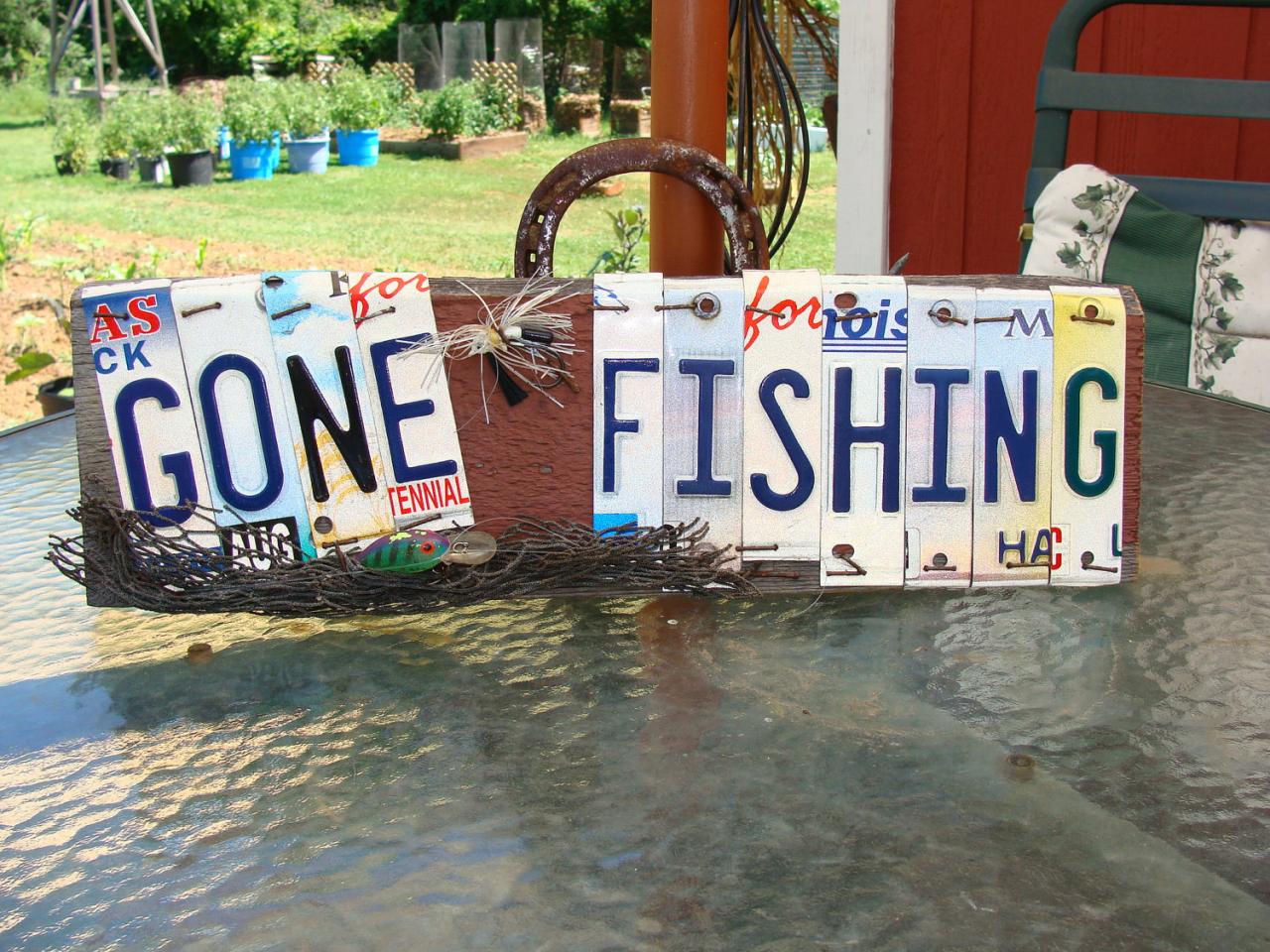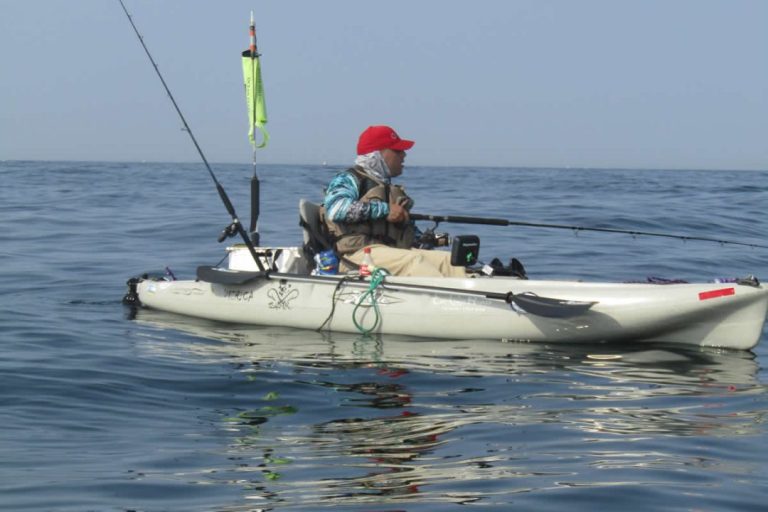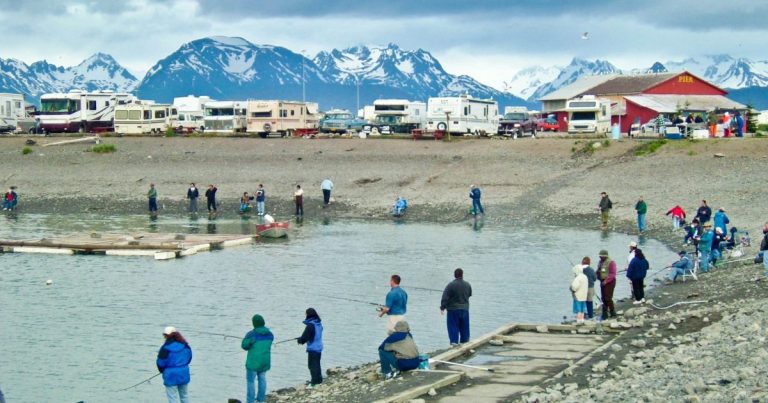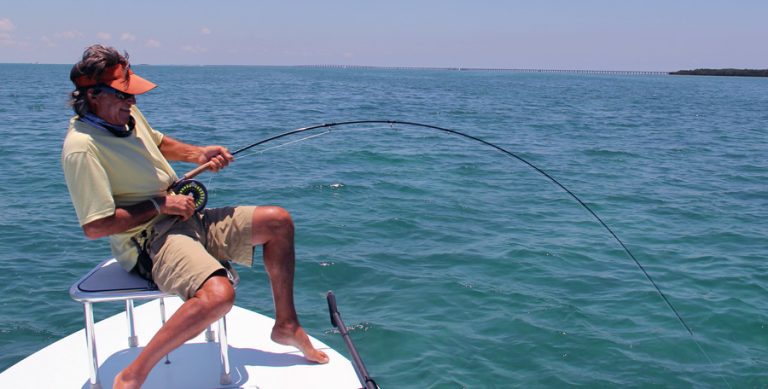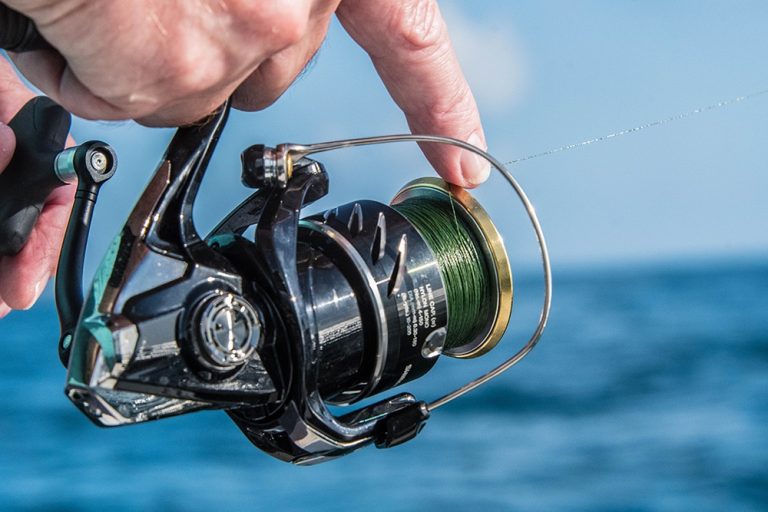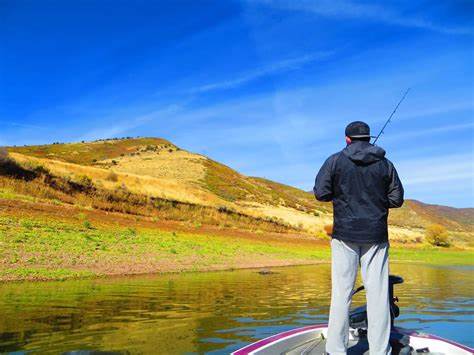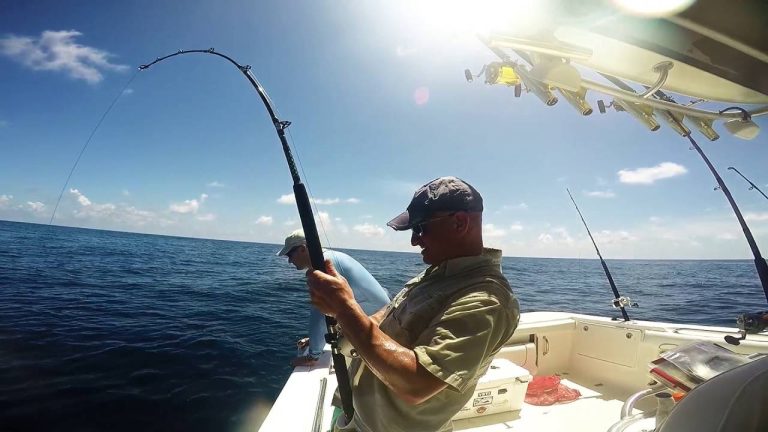Organizing a fishing tournament requires more than just securing participants and prizes—it demands careful navigation of state-specific licensing requirements that vary significantly across the United States. Whether you’re planning a small bass competition or a major fishing derby, understanding permit thresholds, application deadlines, and regulatory compliance is essential to avoid penalties and ensure your event runs smoothly.
This comprehensive guide breaks down tournament licensing requirements by state, highlighting critical differences in permit triggers, application windows, and environmental regulations that tournament directors must know before planning their next event.
Essential Licensing Requirements Across States
Tournament organizers must understand that permits are generally required when events exceed certain thresholds—typically based on participant numbers, prize amounts, or the use of public waters. These requirements serve several purposes:
- Protecting fishery resources from overuse
- Managing multiple events on the same body of water
- Ensuring proper handling and release of fish
- Collecting valuable biological data
Most states require permits when tournaments include:
- More than a specified number of boats/participants
- Prize values exceeding certain thresholds
- Use of public launch facilities
- Species-specific competitions (especially for vulnerable fish populations)
Key Differences Between States
State requirements vary dramatically, making it crucial for organizers to research specific regulations well in advance:
| State | Permit Trigger | Application Window | Base Fee Range | Special Requirements |
|---|---|---|---|---|
| Florida | All tournaments with prizes | 30-90 days before | $25-$100 | Special permits for redfish/snook |
| Minnesota | Events with >25 boats or $500+ prizes | 30 days before | $50-$560 | 50% parking capacity limit at state facilities |
| Pennsylvania | 50+ boats or fishing competitions | Oct 1-Dec 1 (prior year) | $25 | Livewell inspection requirements |
| Wisconsin | All tournaments as of April 2025 | 30-365 days before | $25-$200 | New online registration system |
| New York | 10+ competitors | 45-365 days before | $25-$50 | Ban on underwater cameras during events |
Florida Tournament Regulations
Florida maintains some of the nation’s most comprehensive tournament regulations due to its valuable fisheries and year-round tournament scene. Tournament directors must obtain permits for all competitive fishing events that award prizes regardless of size.
Key Florida Requirements:
- Permit applications must be submitted 30-90 days before the event
- Special permits required for tournaments targeting redfish, snook, or tarpon
- Mandatory catch reporting within 30 days of tournament completion
- Strict fish handling protocols, particularly for catch-and-release events
“Tournament directors should pay particular attention to Florida’s special saltwater tournament permits,” notes marine biologist Dr. Jennifer Martinez. “The state’s redfish tournament regulations changed significantly in 2024 to better protect breeding populations.”
For standard freshwater tournaments, organizers can apply through the Florida Fish and Wildlife Conservation Commission while saltwater events require additional coordination through the Florida Saltwater Fishing License program.
Minnesota Tournament Management System
Minnesota’s approach to tournament licensing focuses on balancing recreational fishing opportunities with resource protection. The state uses a tiered system based on event size:
- Tier 1: Events with prizes under $500 or fewer than 25 boats (notification only)
- Tier 2: 25-49 boats or participants ($50 fee)
- Tier 3: 50-149 boats or participants ($220 fee)
- Tier 4: 150+ boats or participants ($560 fee)
Minnesota’s unique 50% rule limits tournaments to using no more than half the available parking spaces at any state-managed access site, ensuring recreational anglers maintain access during events.
Tournament applications must be submitted through the Minnesota DNR website at least 30 days before the event, though popular dates and waters often require earlier submission.
For more information on general fishing regulations, visit the Minnesota fishing license portal.
Pennsylvania’s Tournament Permit System
Pennsylvania employs a calendar-year permit application window that requires extensive advance planning. Tournament organizers must apply between October 1 and December 1 for events in the following calendar year.
Pennsylvania Tournament Regulations:
- Permits required for events with 50+ boats or any “fishing tournament” as defined by regulations
- Base permit fee of $25 with additional fees based on tournament size
- Mandatory pre-tournament safety briefing requirements
- Special consideration for tournaments on Lake Erie and border waters
“Pennsylvania’s system rewards early planning,” explains tournament director Chris Bowman. “The October-December application window means organizers need to plan their entire tournament schedule nearly a year in advance.”
All Pennsylvania fishing tournament applications must be submitted through the Pennsylvania Fish and Boat Commission. For general fishing license information, visit Pennsylvania Fishing License Costs.
Wisconsin’s New Tournament Registration System
Wisconsin implemented significant changes to its tournament licensing system in April 2025, now requiring registration for all competitive fishing events regardless of size. This represents a major shift from previous regulations that exempted smaller tournaments.
Wisconsin’s Updated Requirements:
- Online registration required for all tournaments
- Tiered fee structure based on participant numbers:
- 20 or fewer participants: $25
- 21-49 participants: $50
- 50-100 participants: $100
- 101+ participants: $200
- Applications accepted between 30 days and 1 year before event date
- Mandatory post-tournament reporting within 30 days
The Wisconsin DNR maintains that these changes will help better track fishing pressure and improve fisheries management. Tournament organizers should familiarize themselves with the new online system at the Wisconsin DNR Fishing Tournament page.
For general Wisconsin fishing information, visit Get a Fishing License in Wisconsin.
New York’s Tournament Authorization Process
New York requires permits for any fishing contest involving 10 or more participants or the use of state launch facilities. The state distinguishes between fishing contests (competitive events) and fishing derbies (participation events), with different requirements for each.
New York Tournament Regulations:
- Applications must be submitted 45-365 days before the event
- $25 application fee for contests on inland waters
- $50 application fee for marine district waters
- Ban on underwater cameras and certain fish-finding technologies during sanctioned events
- Special considerations for tournaments on boundary waters shared with Canada
Tournament directors should note that New York prohibits tournament fishing in certain waters during specific seasons to protect spawning fish. Applications can be submitted through the New York DEC’s fishing contest portal.
For more information on New York fishing regulations, visit Get a Fishing License in New York.
Environmental Requirements and Fish Handling
Beyond basic licensing, most states now impose strict environmental and fish handling requirements for tournaments. Tournament organizers must be prepared to demonstrate compliance with:
- Livewell standards: Pennsylvania, Florida, and Minnesota all specify minimum livewell capacity and aeration requirements
- Fish release protocols: Many states require designated release sites and methods
- Invasive species prevention: Mandatory boat inspections and cleaning protocols
- Biological data collection: Required recording of catch data for state fisheries departments
These environmental considerations are particularly strict in states with vulnerable fisheries. Florida’s requirements for redfish tournaments, for example, include limited handling time and specific release methods to maximize survival rates.
Applying for Tournament Permits: Best Practices
Successfully navigating the tournament licensing process requires attention to detail and advance planning. Follow these best practices to ensure smooth permit approval:
- Research early: Begin researching requirements 12+ months before your planned tournament date
- Contact local offices: Speak directly with fisheries biologists or tournament coordinators
- Prepare complete applications: Include detailed maps of launch/weigh-in sites and tournament boundaries
- Budget for fees: Set aside funds for application fees, which vary by state and tournament size
- Develop contingency plans: Have backup dates and locations in case your primary permit is denied
Application Timeline Recommendations:
- 12+ months before: Research requirements and begin planning
- 6-12 months before: Submit applications for states with early deadlines (PA, NY)
- 3-6 months before: Submit applications for standard deadline states
- 1-3 months before: Confirm permit approval and complete any additional requirements
Special Considerations for Multi-State Tournaments
For tournaments that span multiple states or boundary waters, organizers face additional complexities:
- Reciprocal agreements: Some states honor each other’s tournament permits on shared waters
- Border water complications: Mississippi River tournaments may require permits from multiple states
- Differing regulations: Fish length limits and handling requirements may vary between states
The Great Lakes region presents particular challenges due to overlapping jurisdictions. Lake Erie tournaments, for example, may require coordination with Pennsylvania, New York, Ohio, and potentially Canadian authorities.
Technology and Tournament Regulations
Modern fishing technology has prompted new regulatory considerations in tournament licensing:
- Forward-facing sonar restrictions: Several states now restrict or ban the use of live-scanning sonar in tournaments
- GPS tracking requirements: Some states require tournament boats to use tracking systems
- Catch documentation technology: Digital catch verification systems are becoming mandatory in some jurisdictions
Wisconsin and Minnesota have been particularly proactive in addressing technology concerns, with both states implementing new rules regarding permitted electronics in tournament settings for 2025.
Tournament Insurance Requirements
Many states now require proof of liability insurance as part of the tournament permitting process:
- Florida requires minimum coverage of $300,000 for tournaments with 30+ boats
- Minnesota requires $2 million coverage for tournaments with 50+ participants
- Pennsylvania requires proof of insurance for all permitted tournaments
Tournament directors should work with specialized marine insurance providers to ensure adequate coverage for their events.
Conclusion: Planning for Success
Successfully navigating fishing tournament licensing requirements demands thorough research, advance planning, and attention to detail. Tournament organizers should:
- Start the permit process early—especially for popular waters and dates
- Carefully review state-specific requirements and application deadlines
- Develop comprehensive environmental compliance plans
- Budget appropriately for permit fees and insurance requirements
- Stay informed about regulatory changes through state fisheries departments
By understanding the nuances of each state’s requirements and planning accordingly, tournament directors can ensure their events comply with all regulations while providing participants with a well-organized, environmentally responsible competitive experience.
For more information on general fishing licenses and regulations by state, visit US Fishing Licenses for comprehensive, up-to-date information.



